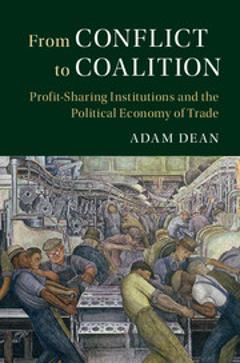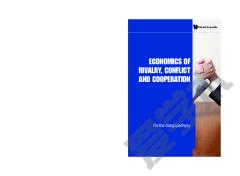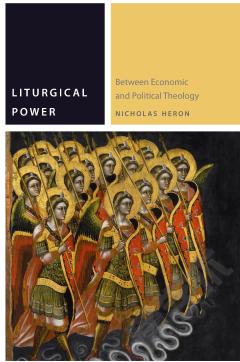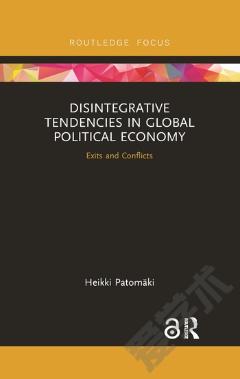From Conflict to Coalition: Profit-Sharing Institutions and the Political Economy of Trade
International trade often inspires intense conflict between workers and their employers. In this book, Adam Dean studies the conditions under which labor and capital collaborate in support of the same trade policies. Dean argues that capital-labor agreement on trade policy depends on the presence of 'profit-sharing institutions'. He tests this theory through case studies from the United States, Britain, and Argentina in the late-nineteenth and early-twentieth centuries; they offer a revisionist history placing class conflict at the center of the political economy of trade. Analysis of data from more than one hundred countries from 1986 to 2002 demonstrates that the field's conventional wisdom systematically exaggerates the benefits that workers receive from trade policy reforms. From Conflict to Coalition boldly explains why labor is neither an automatic beneficiary nor an automatic ally of capital when it comes to trade policy and distributional conflict.
{{comment.content}}








 京公网安备 11010802027623号
京公网安备 11010802027623号